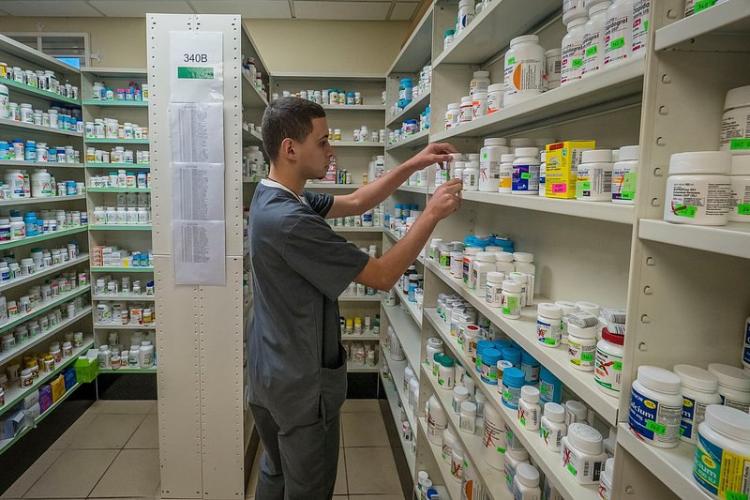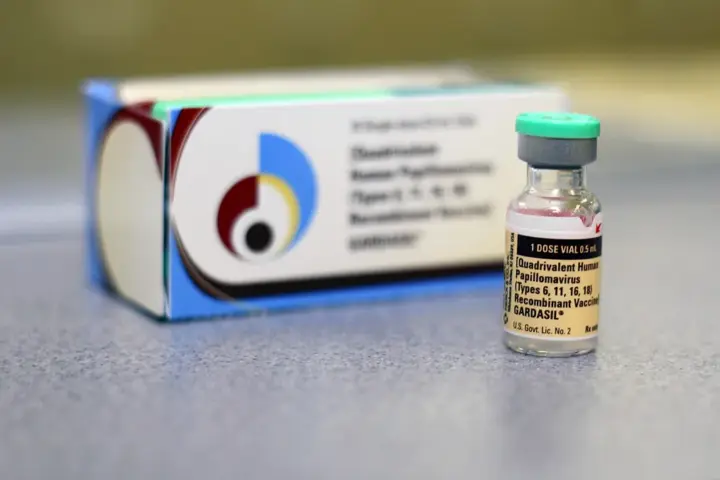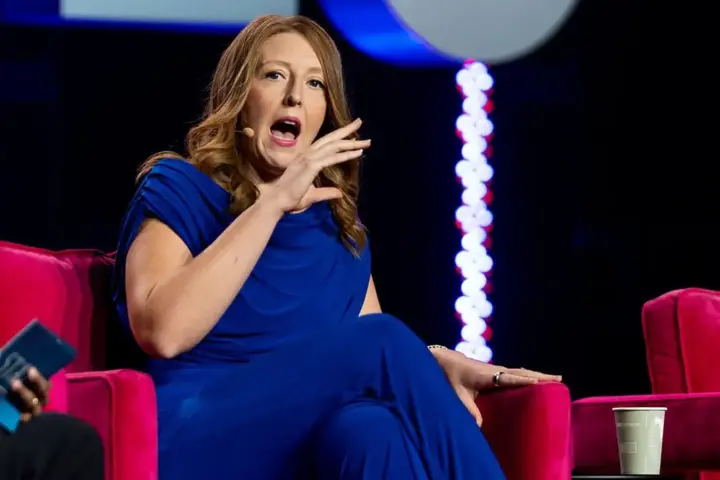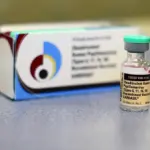The NHS Pharmacy First scheme has hit a major milestone, with over 5 million patients receiving help from high street pharmacies since its launch in January 2024. This service allows people to walk into their local pharmacy without an appointment for treatment of seven common conditions.
About 2.4 million of these consultations were for specific common conditions, with sore throats (835,679 cases) and urinary tract infections (665,409 cases) being the most frequent. Pharmacies also handled 1.5 million minor illness referrals and 1.4 million urgent medicine supply requests.
The service covers seven specific conditions: earache in children aged 1-17, sore throat for those over 5, impetigo and infected insect bites for people over 1 year old, shingles for adults 18+, sinusitis for those over 12, and uncomplicated UTIs for women aged 16-64.
“I’d like to thank pharmacists, pharmacy technicians and all staff who are employed in pharmacies for their hard work in providing high quality clinical advice and care to more than 5 million people,” said David Webb, Chief Pharmaceutical Officer for England.
One patient, Deborah from Staffordshire, shared her experience: “The relief of getting fast, effective treatment, especially during a busy week, was invaluable. I had no idea a pharmacist could give prescription medication for things like UTIs without me needing to see a GP first, but the fact that they can is fantastic.”
Similar Posts
The scheme aims to free up GP appointments for more complex cases. The Company Chemists’ Association estimates Pharmacy First could potentially free up 9 million GP appointments annually. If expanded to include more conditions, this could increase to 40 million appointments saved each year.
Despite its success, the program faces challenges. Public awareness remains relatively low, with only about 8% of England’s population using the service, compared to 33% for a similar service in Scotland. Many pharmacies are struggling to meet monthly consultation thresholds required for full payment.
In March, the government agreed to provide an additional £617 million funding over two years for community pharmacies. Minister of State for Care Stephen Kinnock called the service “a true Neighbourhood Health Service” that provides “timely care without the need for GP appointments.”
However, an independent economic analysis revealed that nearly all pharmacies have funding lower than the full cost of providing NHS services, with many operating at a loss. The pharmacy sector also faces staffing challenges, with a high vacancy rate for pharmacy technicians.

Looking ahead, proposals include expanding the service to cover more conditions like lower back pain, eye infections, migraines, and chest infections. The NHS also plans to offer the ‘morning-after pill’ free of charge at pharmacies later this year.
The 78,000 registered pharmacists and pharmacy technicians in England are now playing a more central role in community healthcare, bringing treatment closer to people’s homes and potentially transforming how minor health issues are managed across the country.


















